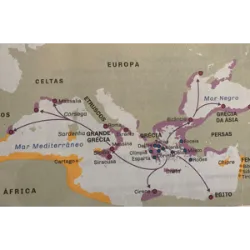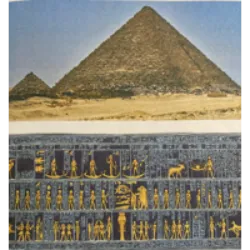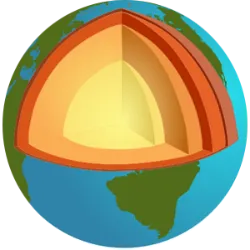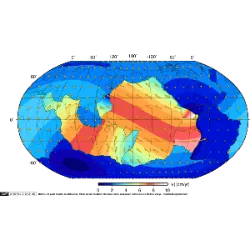Discovery of America (1492)
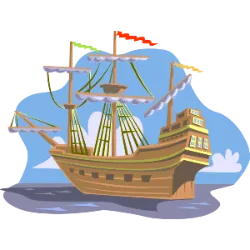
On October 12, 1492, Genoese navigator Christopher Columbus, in the service of the Catholic Monarchs of Spain, reached the American continent, more precisely the island of Guanahani in the Bahamas. Although Columbus believed he had reached the Indies, his arrival in the New World marked the beginning of one of the most significant events in history: the European colonization of the Americas.
Columbus' expedition, which was part of a search for new trade routes, paved the way for a series of voyages and discoveries that would lead European powers such as Spain and Portugal to expand across the American continent. This not only profoundly altered the global balance of power, but also began a process of exploration and colonization that had lasting impacts on the native populations and the world economy.
The discovery of America ushered in a new era of cultural, economic, and scientific exchange, but also resulted in centuries of European exploration and domination of the newly discovered lands. This event, considered a landmark in modern history, redefined relations between continents and forever altered the course of global history.
Did you know?
